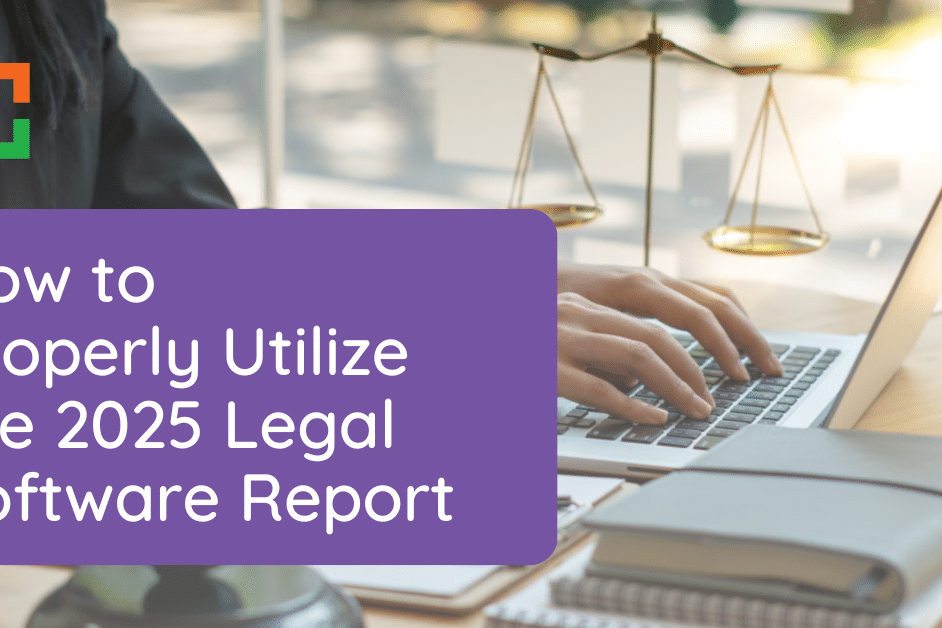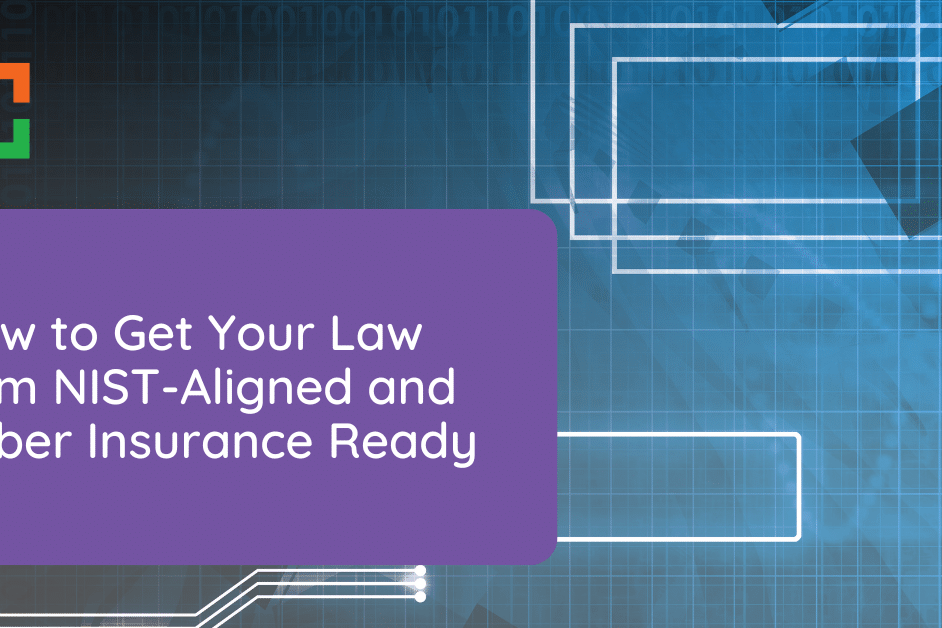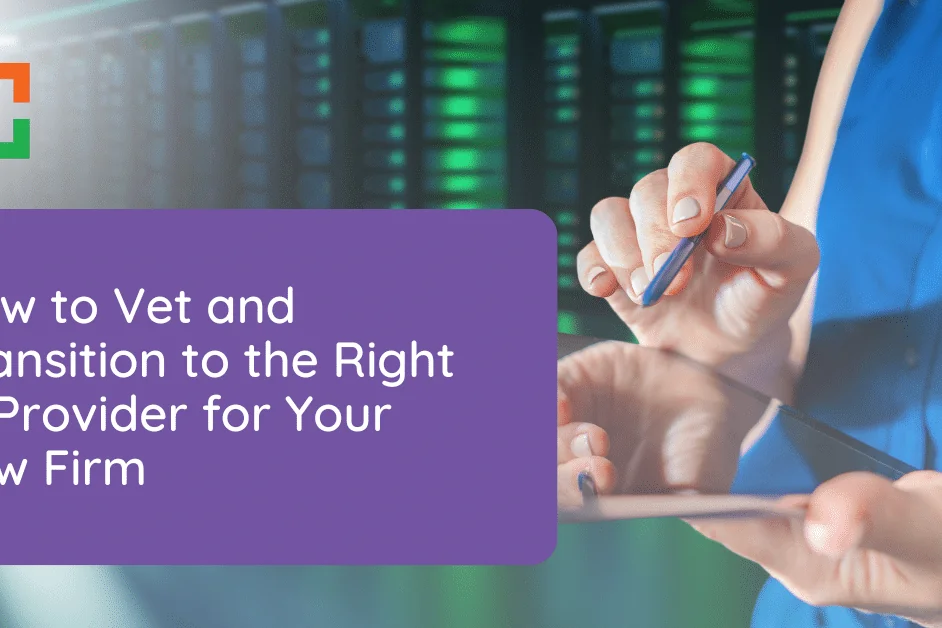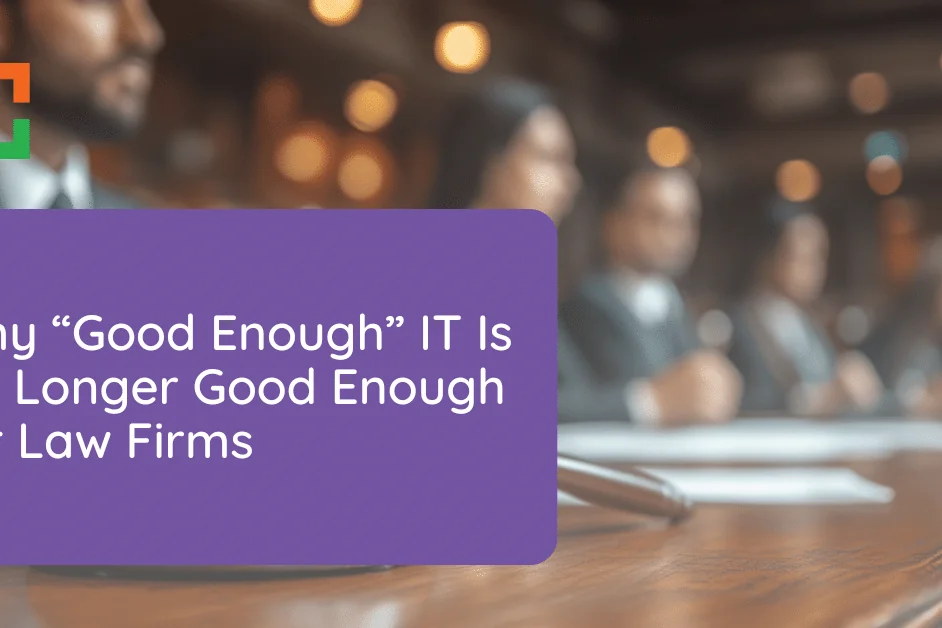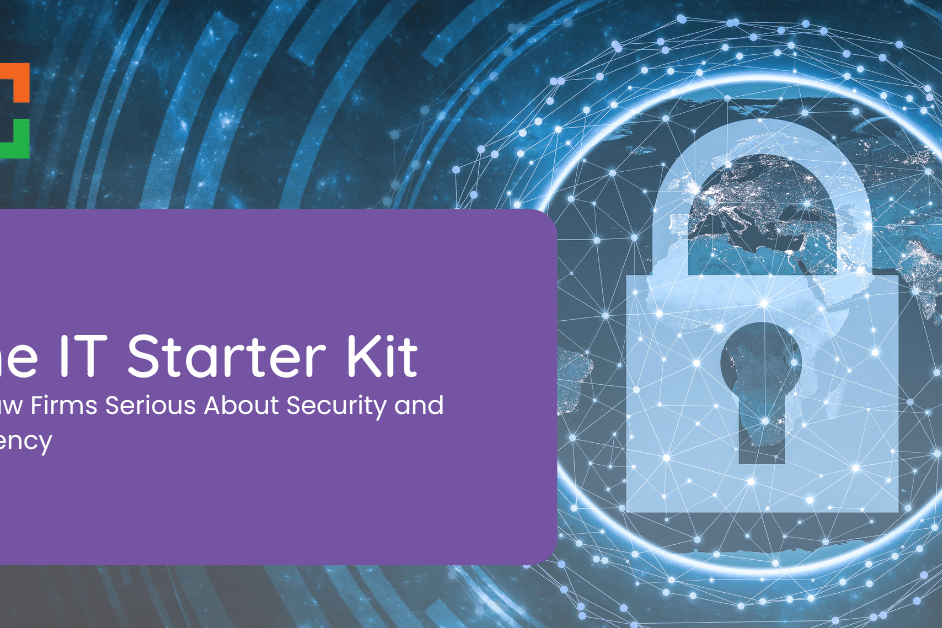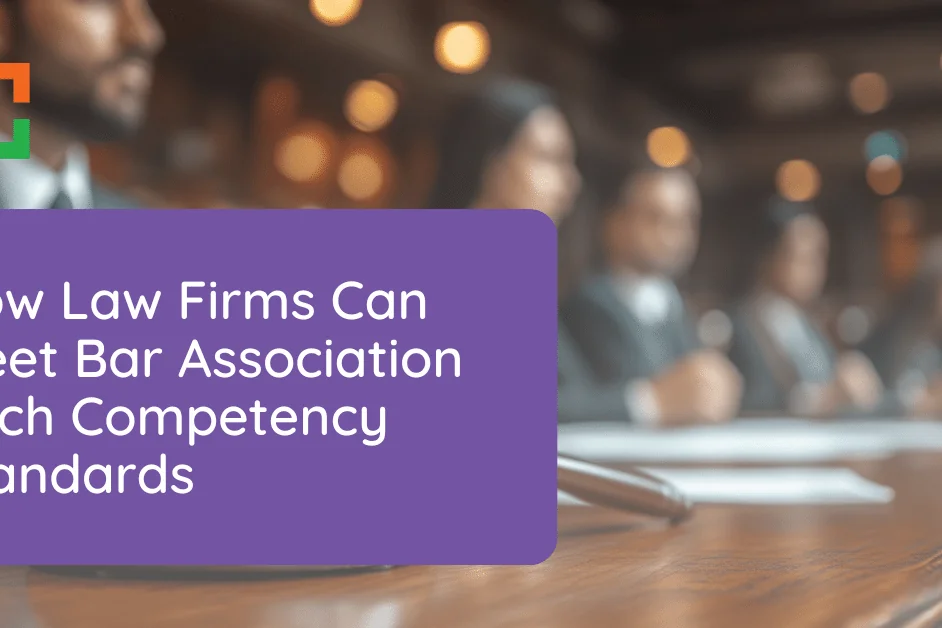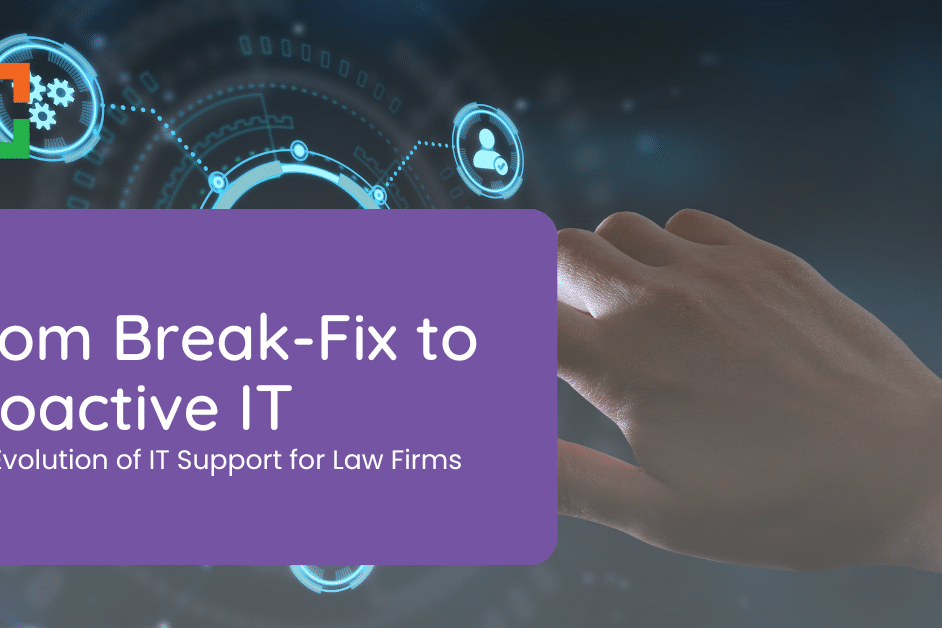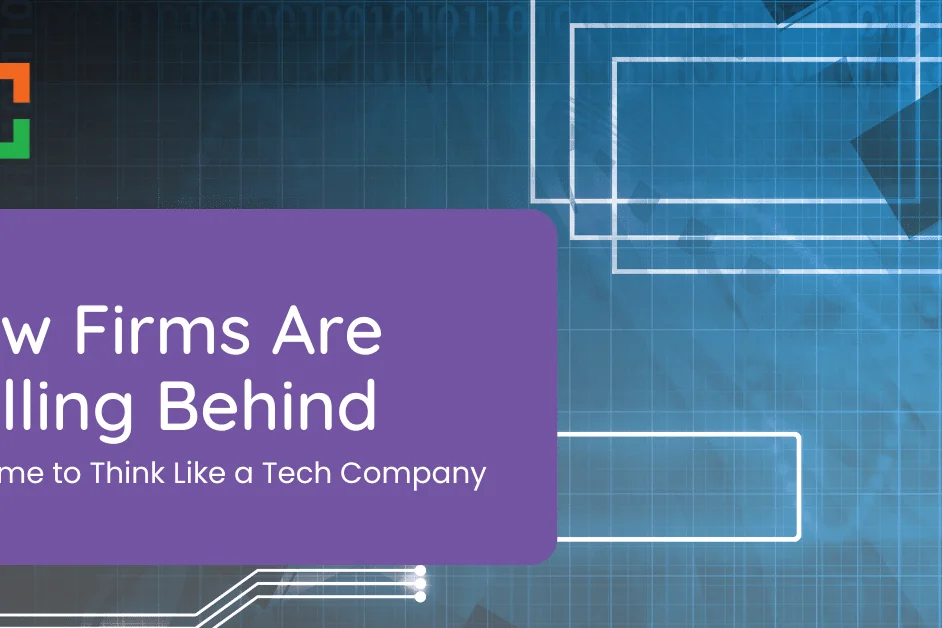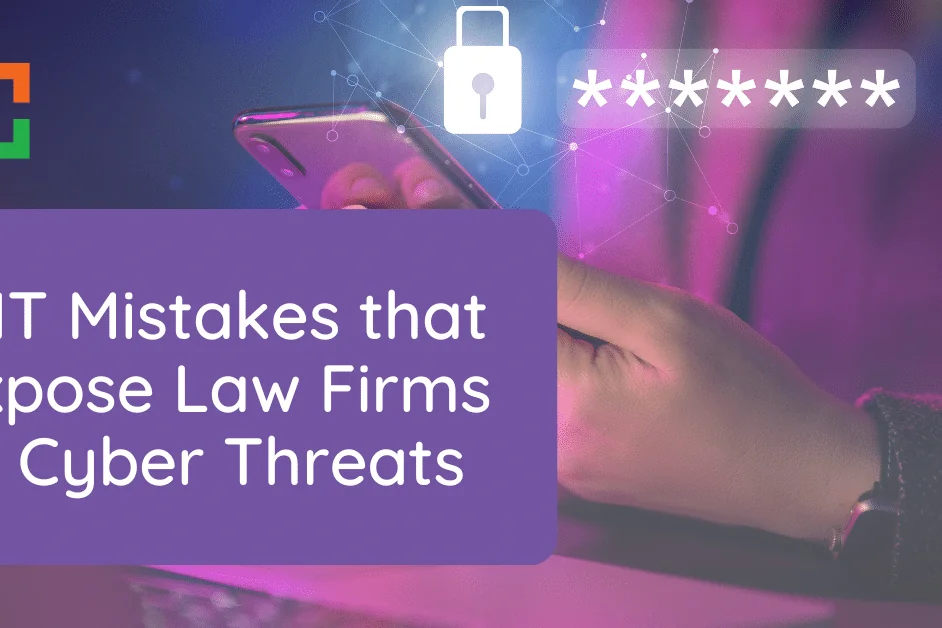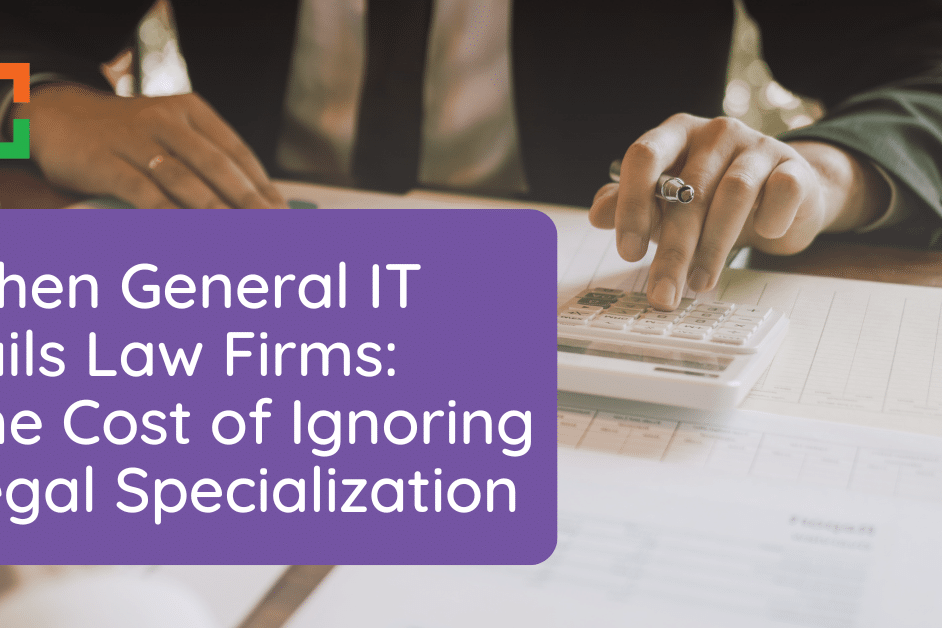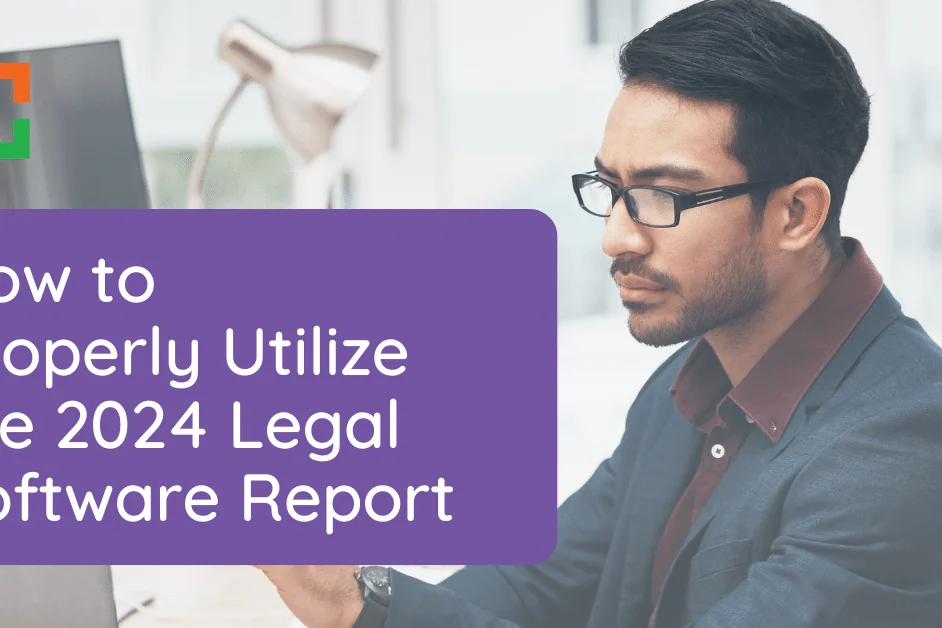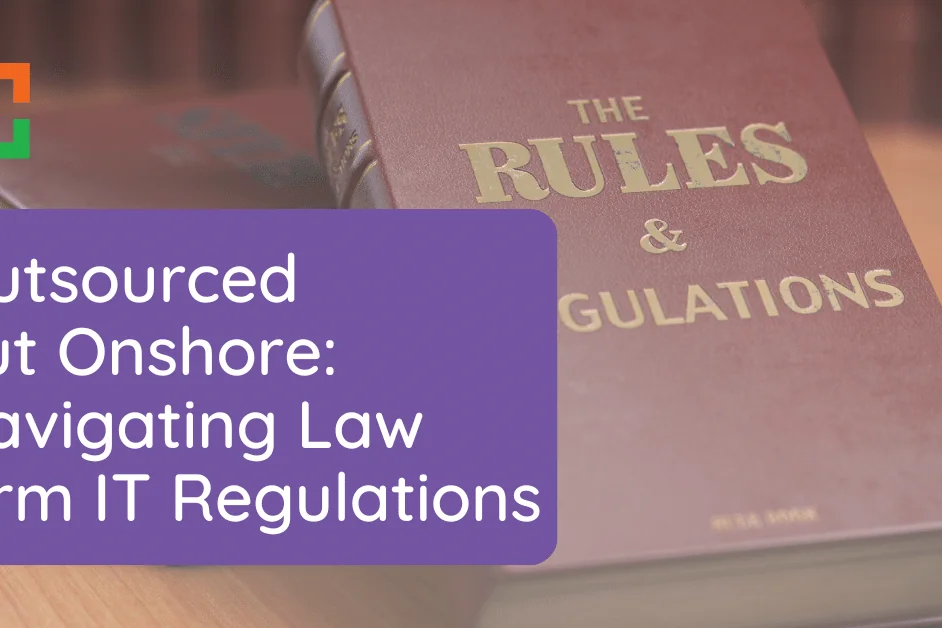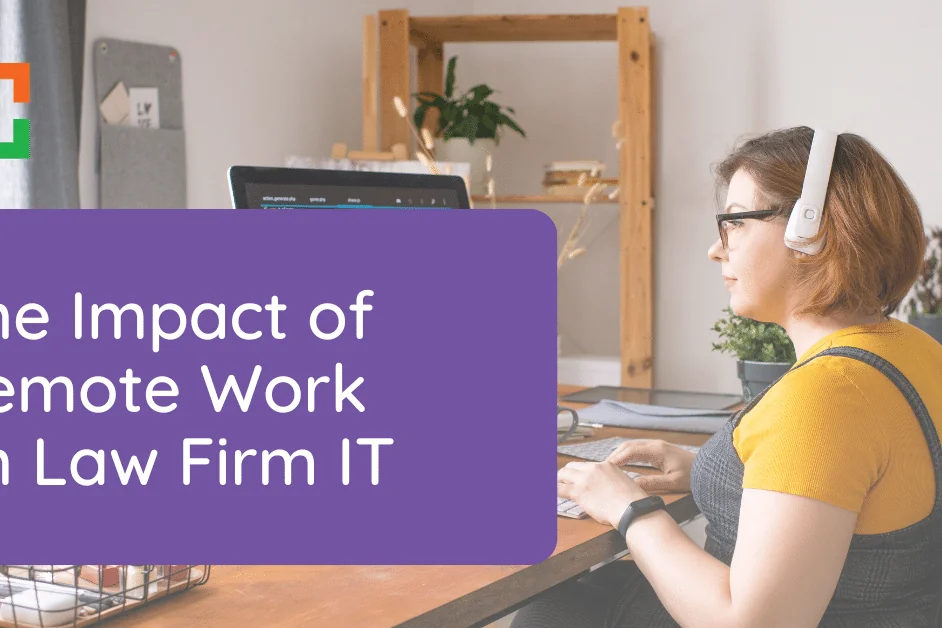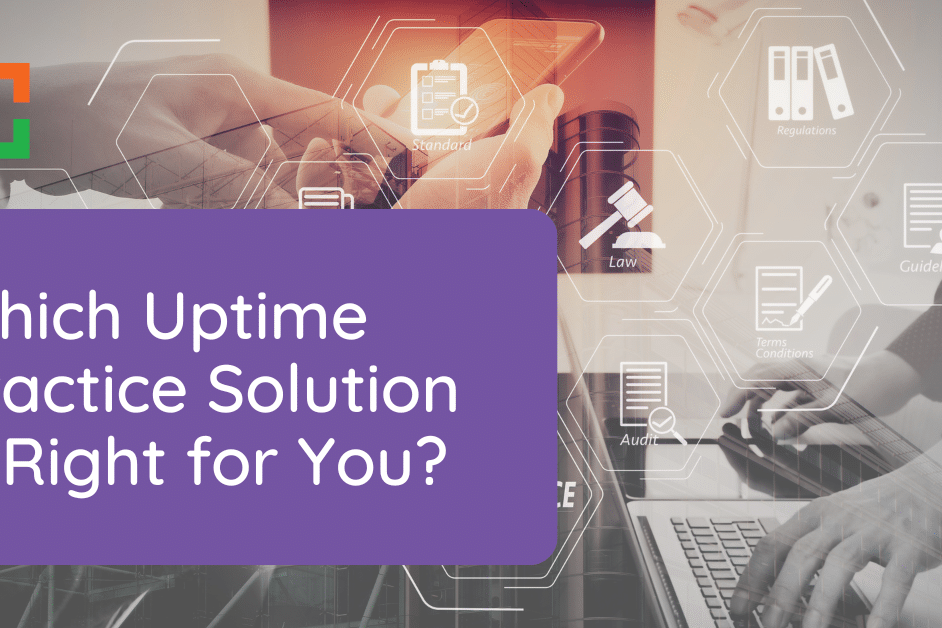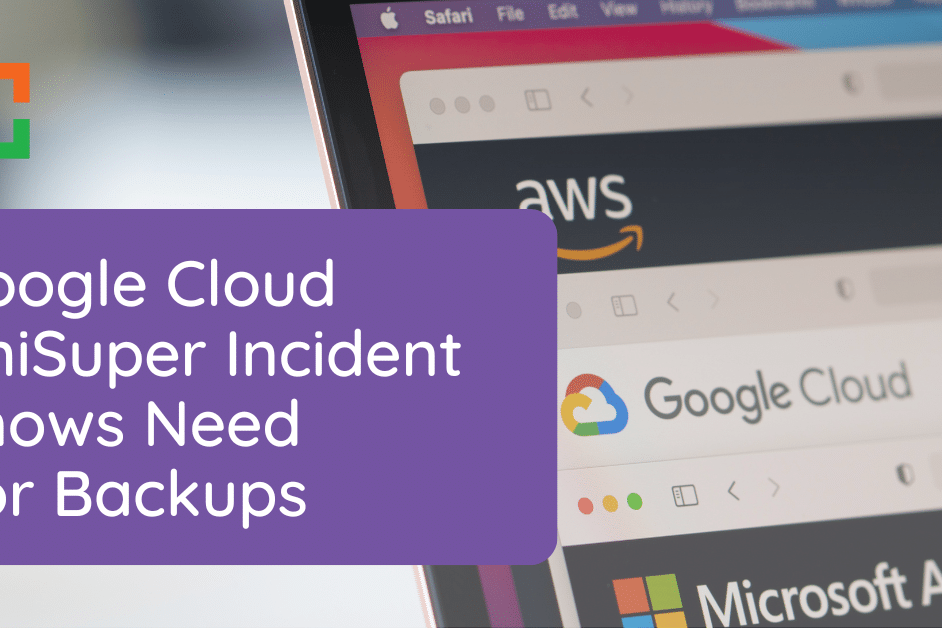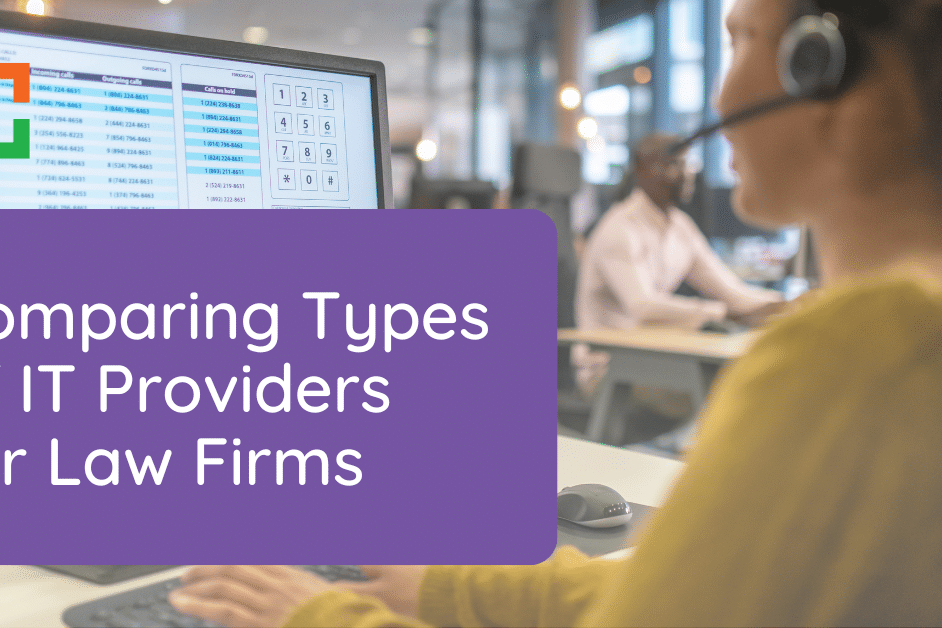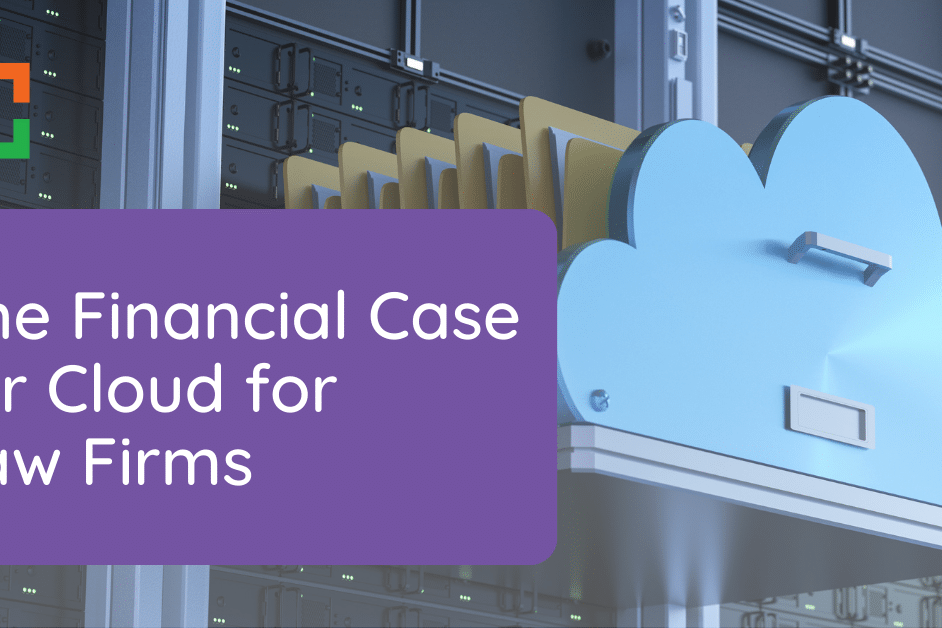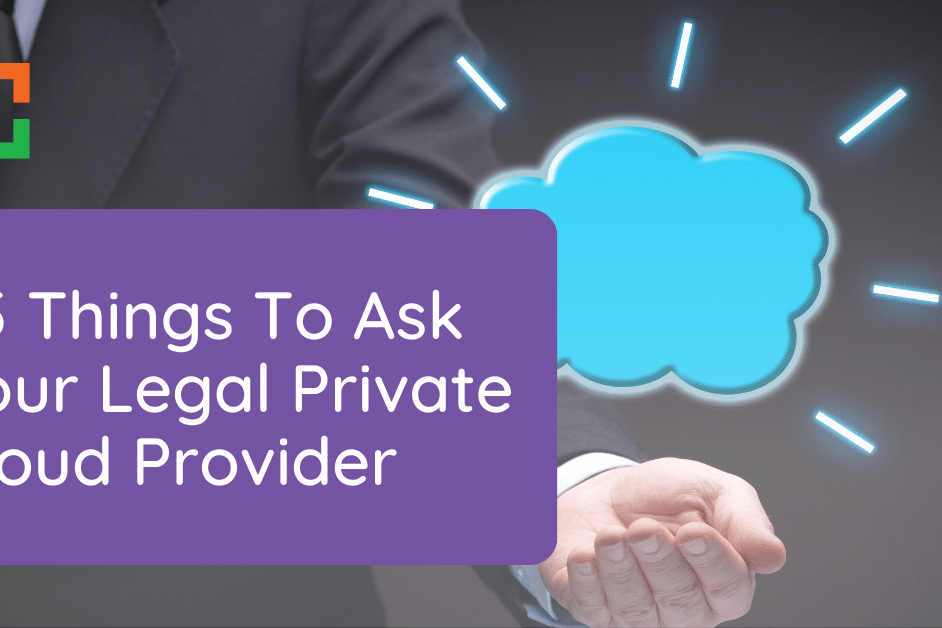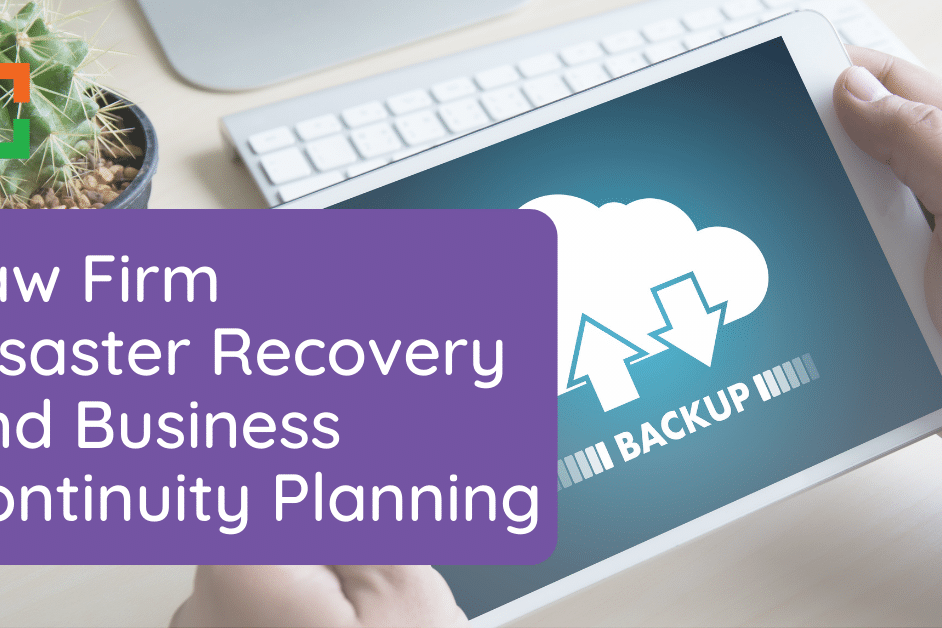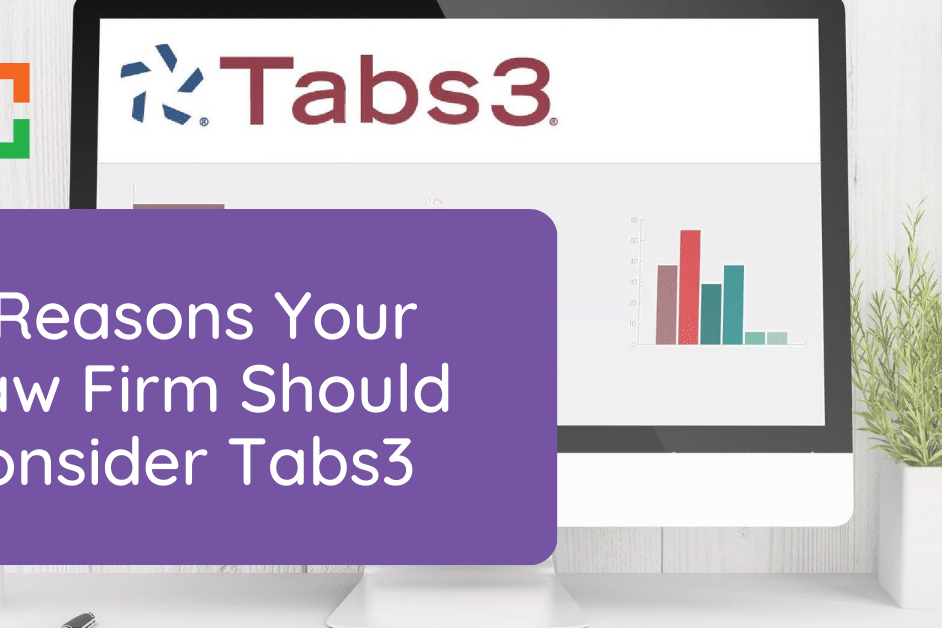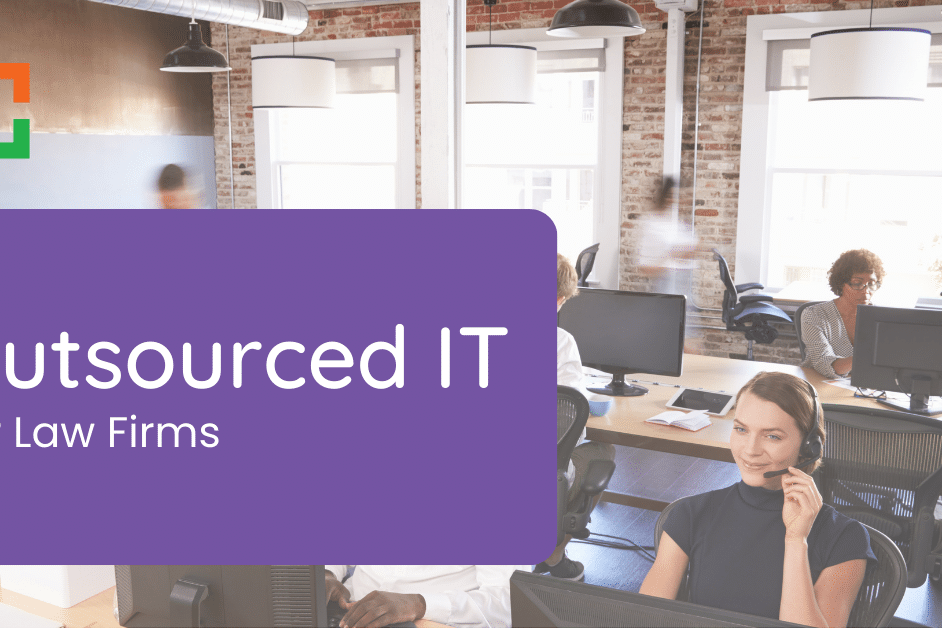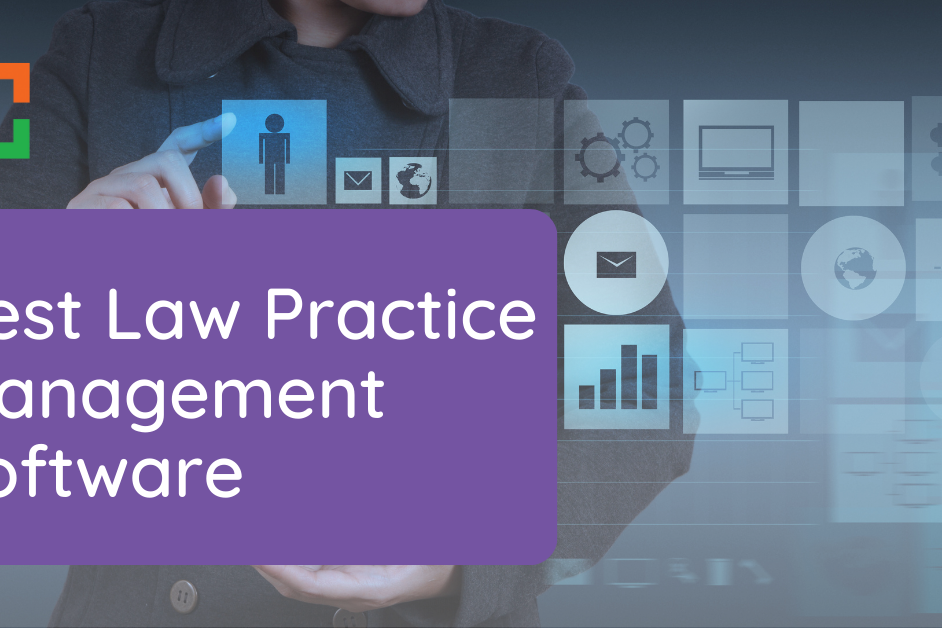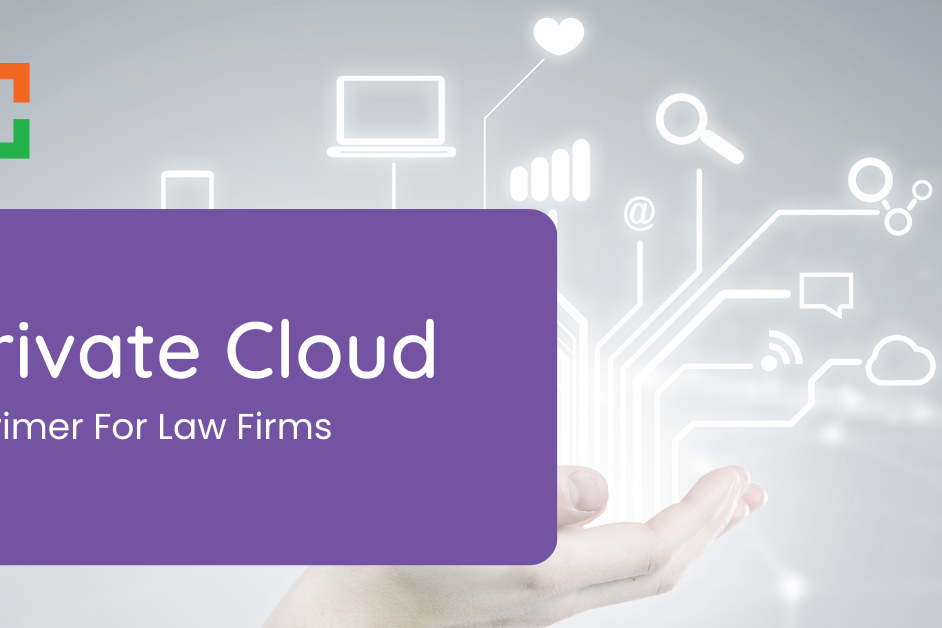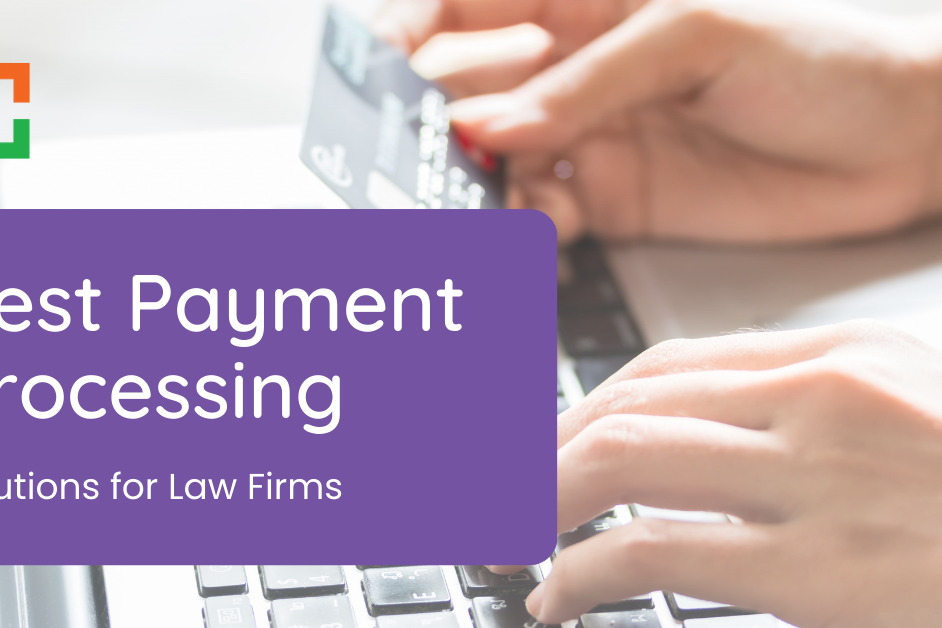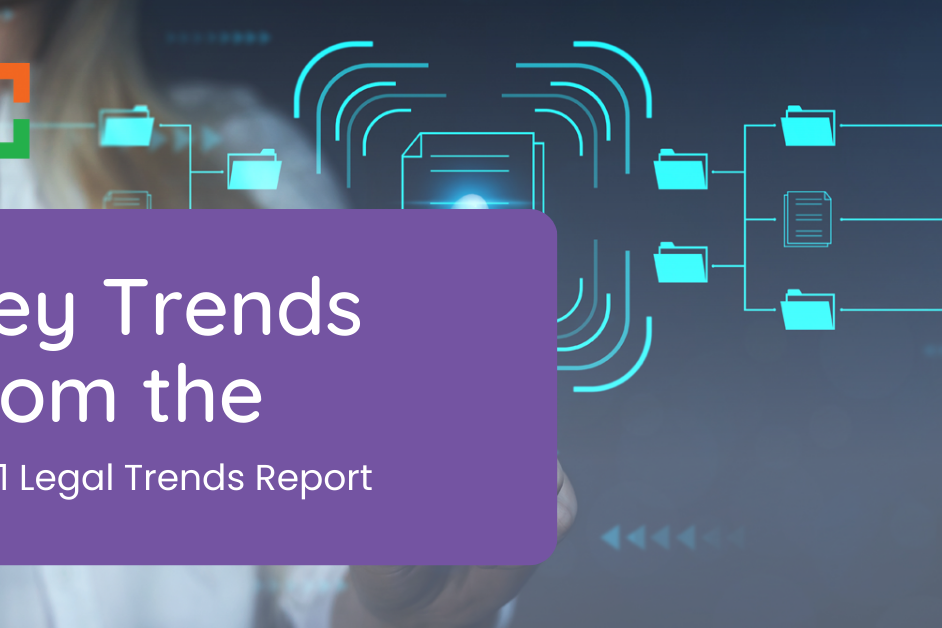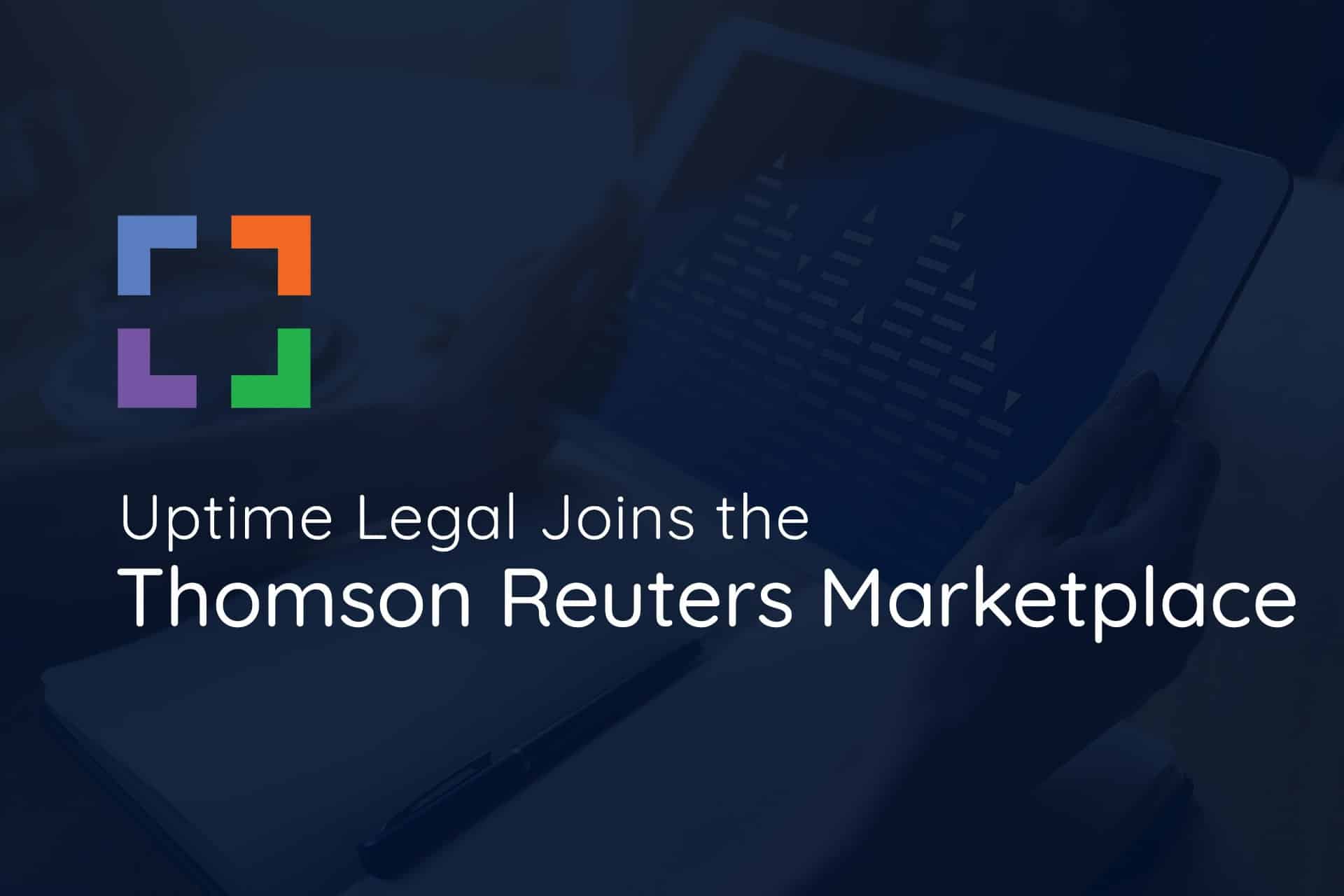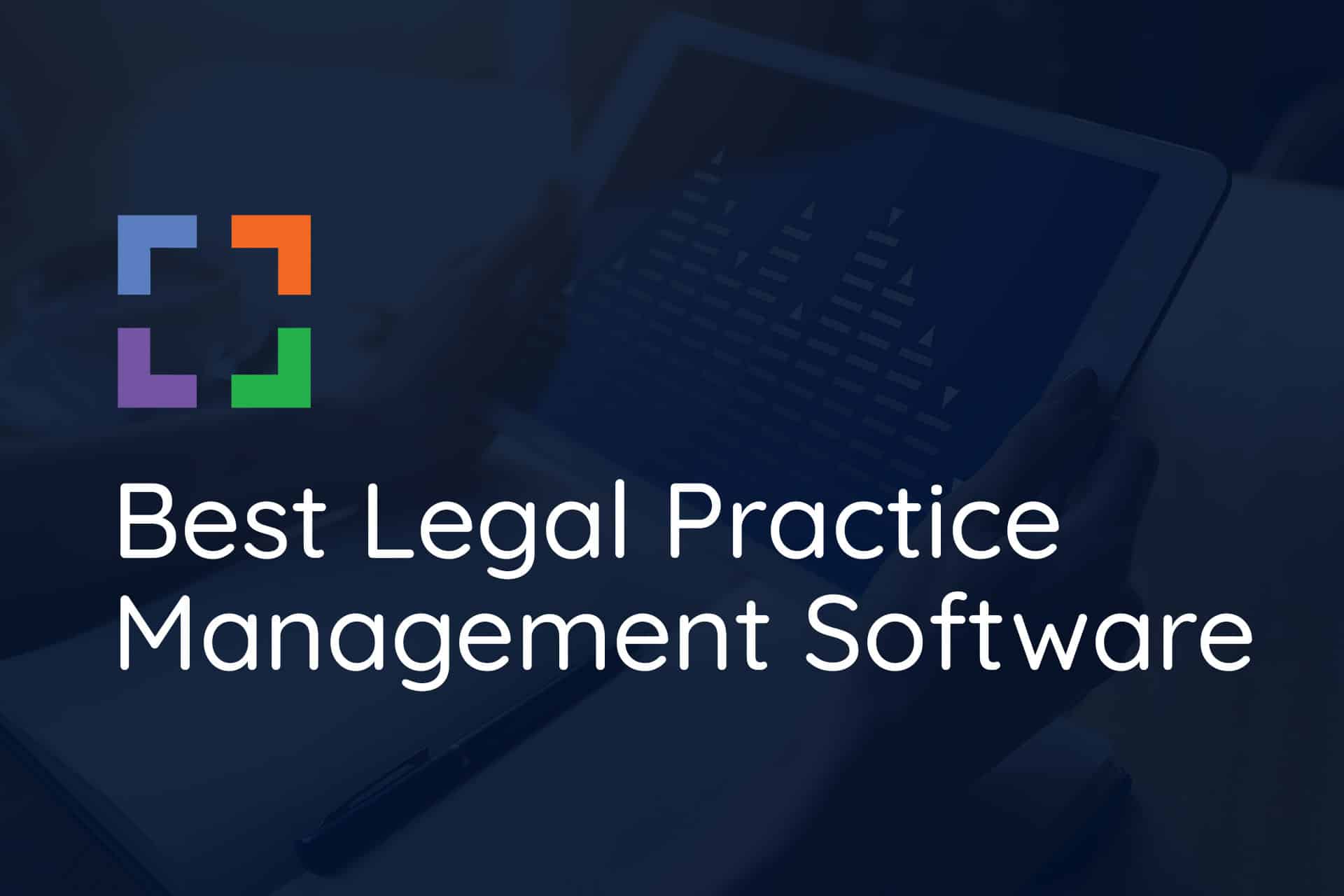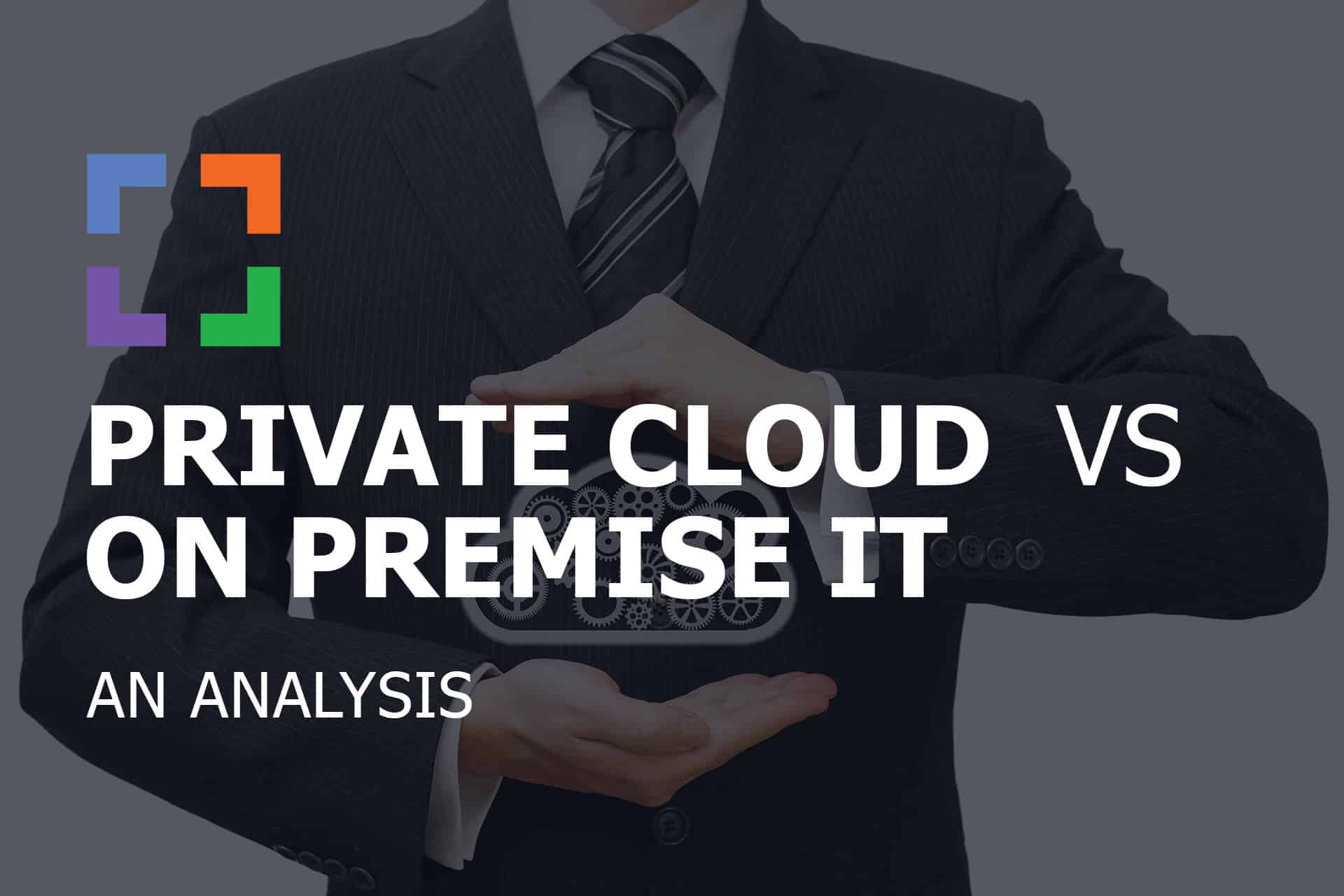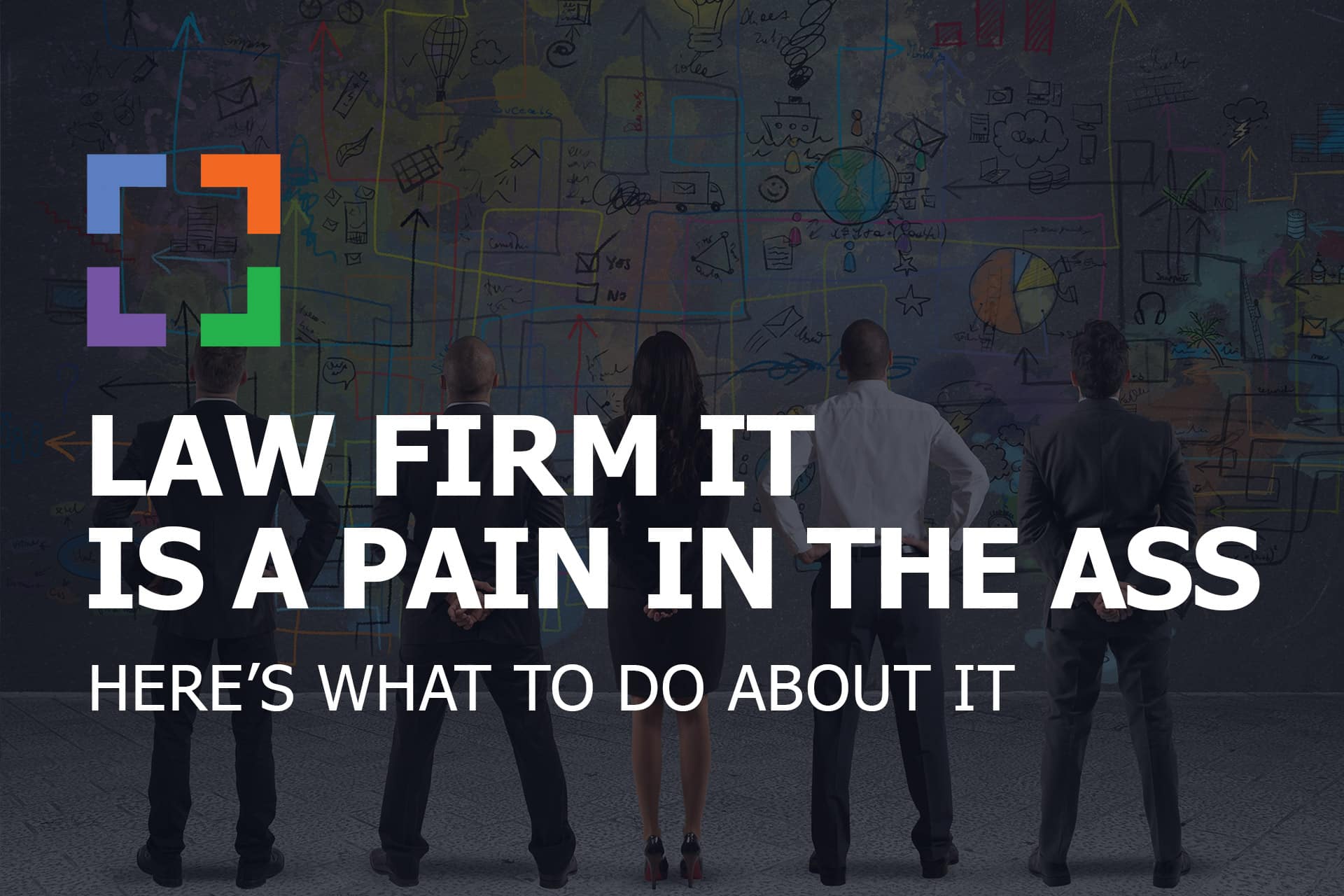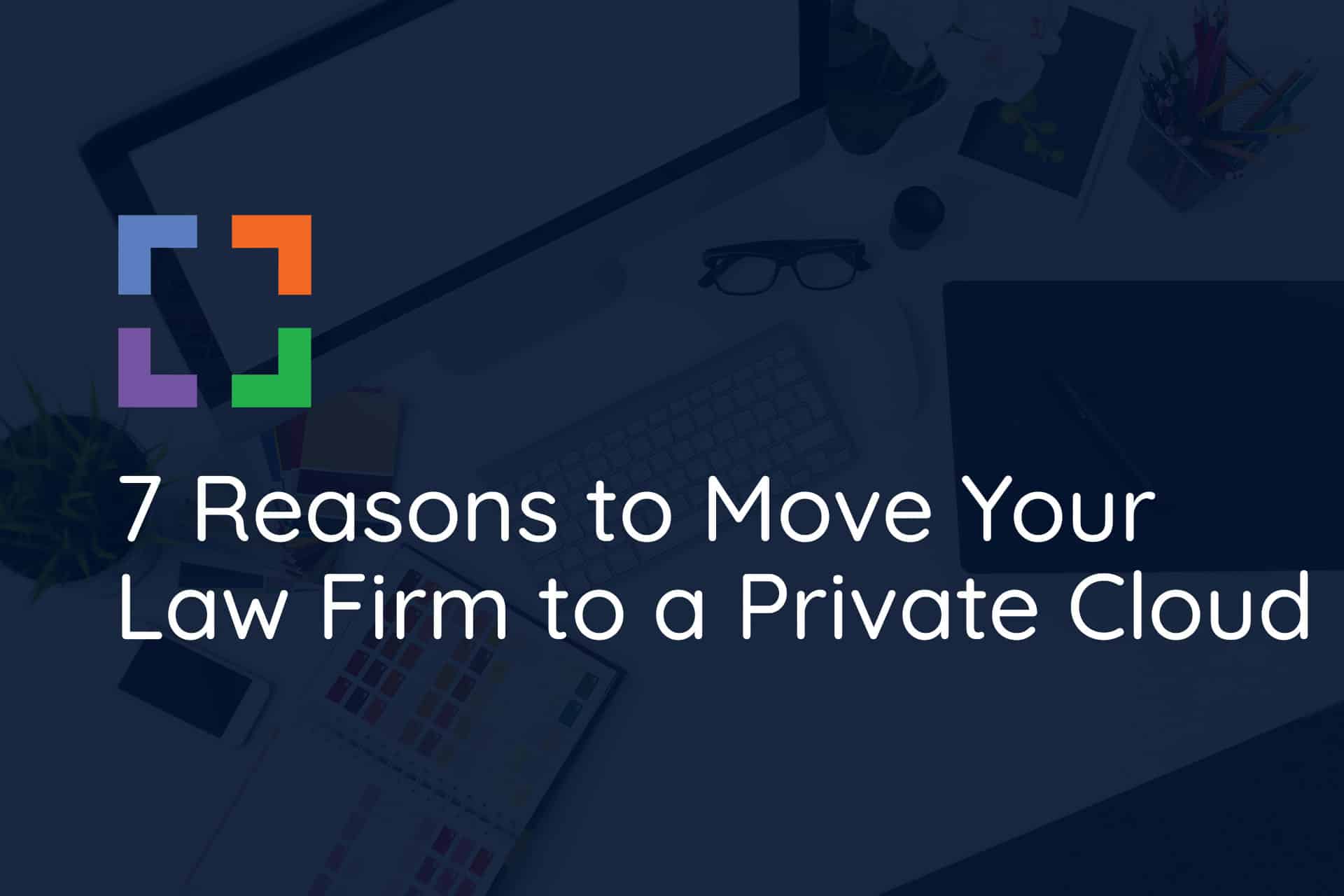Does Your IT Consultant Really Have Your Back?
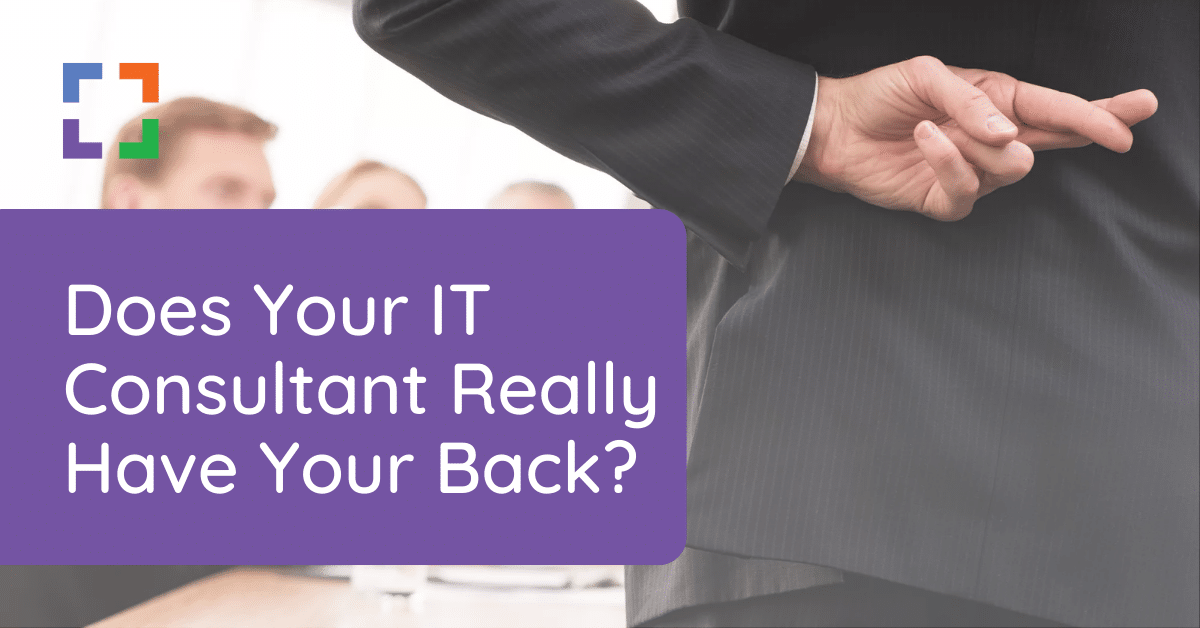
A Cautionary Tale for Law Firms
In 2019, your law firm has likely been hearing a lot about cloud computing.
There’s cloud-based legal practice management software, cloud-based document management software, private cloud platforms for law firms and more.
And you’ve probably heard about all of the benefits that cloud computing can bring: From enhanced security, to better mobility to a generally more streamlined law practice.
But perhaps, being a lawyer and not a technology expert, you suspect there’s some benefit to your firm in the cloud, but you’re not sure where to start, or where to go for advice. Naturally (or so it may seem), you go to your IT consultant for guidance on how your firm might leverage the cloud.
Maybe your firm needs better mobility. Perhaps your server is end-of life.So, who better than your trusted IT consultant to advise you on whether or not to move to the cloud, and how… right?
Not so fast.
Here’s the problem: Chances are that your IT consultant or Managed Service Provider (MSP) has a clear and direct adverse interest in your law firm moving to the cloud, or an adverse interest in your firm moving to the cloud in the best way for your firm.
How is that?
It’s simple really: Moving to the cloud (especially an all-inclusive private cloud) eliminates the need for on-premise servers and complex IT infrastructures, which in turn eliminates the need for those very IT consultants, MSP’s and the support they provide you. And how many professionals do you know that will recommend themselves out of a job?
Most people are very aware of the reality that technology evolves quickly. As a result, major changes in the industry or technology can render a specific business model obsolete or diminished (case in point: IT consultants and Managed IT providers.) Unfortunately for some of these organizations’ clients (which may include law firms like yours), these IT Consultants, when faced with a client that is considering a move to the cloud, take off their consultant hat and replace with their self-preservation hat.
It’s unfortunate and disingenuous, but I’ve seen it happen many times:
A law firm begins exploring cloud-based solutions to replace their servers and to streamline their technology. Perhaps they wish to move their practice management software (such as Tabs3, ProLaw, Time Matters or PCLaw) to a fully-managed private cloud.
Realizing they’re about to lose business if your firm moves to the cloud (and likely on the heels of already having lost clients to the cloud), the IT consultant or firm engages in creating FUD, or Fear, Uncertainty and Doubt in the mind of the law firm. This practice, in my experience, falls into two categories.
First, the IT consultant may play on this fear of change and convince you to stay with the status quo. They may advise their law firm client that the cloud is generally “bad,” or “not ready for prime-time. ”They may describe the cloud as “insecure,” and try to establish that your data is more secure if it’s within your physical building (as if sheetrock were the best firewall around). Or they may apply other scare tactics about allowing your firm to move its data and applications to the cloud. The problem with this, of course, is that it precludes your firm from ever enjoying the many benefits of moving your law firm to the cloud.
Related: 7 Reasons to Move Your Law Firm to a Private Cloud
If that fails, or in the alternative, your IT firm may push your firm to move to the cloud in a very piecemeal, disjointed fashion. They may advise you (for instance) to move some aspects of your firm to the cloud, such as to a web-based case management app (allowing you to scratch your cloud itch)… but leave other components on-premise… which (naturally) necessitate an on-premise server infrastructure… which they can manage and continue to charge you for.
I see this especially when an IT consultant tries to advocate for one web-based case management system or another (advising you to abandon the practice management software your firm is committed to) as an “easy button” for them that doesn’t encroach on their territory.
The problem with this is that it can create a disjointed “Cloud Hell,” where your apps are in one cloud, your docs in another, your email in another… none of which will work together anymore, and none of which are provided or supported by single, central team of experts.
Some IT consultants will perpetuate all kinds of myths and misinformation to keep hold of their shrinking client base. They’ll tell you that “the cloud is insecure.” (Less secure than a server sitting unmanned in a coat closet?) That “it’s better to own the equipment”. (Like answering machines are better than voicemail.) They’ll tell you to buy servers and implement online backups, citing: “Now you’re in the cloud… kind of.” They’ll tell you to setup onsite virtual servers and call it a “hybrid cloud”. Anything they can do to keep you in the business of owning servers, so they have something to manage.
Related: “Hybrid Cloud” is Nonsense
If a conversation with your IT consultant leads down the path of buying new servers again (and naturally–paying them to manage and support your new servers) you owe it to yourself and your firm to ask some tough questions.
- Do you want to make the capital investment and commitment in server hardware?
- Do you really want to stay in the business of owning and managing IT infrastructure?
- Are you prepared to deal with a lack of centralization and mobility, indefinitely?
- Are you letting your IT consultant play to your fear of the unknown?
- Is your IT consultant advising you on what’s best for your firm, or what’s best for them?
I’m afraid to say I’ve seen this practice many, many times. (And often times the law firm doesn’t quite realize the adverse interest their IT firm has in a proper, complete move to the cloud.)
In fairness, however, I have seen IT consultants and companies that truly have their client’s best interest at heart. IT consultants that analyze and understand the law firm’s needs, and advocate for the right solution and the right path, even when it means they will lose revenue or a client. True consultants.
I only wish this type was more prevalent.
In the end, it is incumbent on you to look out for your law firm, its stakeholders and, most of all, your clients. In reality, for just about every small and midsize law firm: the cloud–with the right cloud solution and provider is a more reliable, more secure and more accessible way to practice than the on-premise servers and local IT consultants.
So, if you go down this path: Ask questions. Get multiple opinions. I encourage you to talk to your peers, other law firms, local bar representatives and legal technology professionals. In the end, it’s in your best interest, and that of your firm and its clients to do your homework and ask tough questions.
Do what’s best for your law firm—even if it’s not what’s best for your IT firm.
Dennis Dimka
As the founder and CEO of Uptime Legal Systems, I've had the privilege of guiding our company to become a leading provider of technology services for law firms.
Our growth, both organic and through strategic acquisitions, has enabled us to offer a diverse range of services, tailored to the evolving needs of the legal industry.
Being recognized as an Ernst & Young Entrepreneur of the Year Finalist and seeing Uptime Legal ranked among the Inc. 5000 list of fastest-growing private companies in America for eight consecutive years are testaments to our team's dedication.
At Uptime Legal, we strive to continuously innovate and adapt in the rapidly evolving legal tech landscape, ensuring that law firms have access to the most advanced and reliable technology solutions.
Related Posts
November 21, 2025
Fit Over Features: A Better Strategy for Law Firm Technology
September 16, 2025
How to Properly Utilize the 2025 Legal Software Report
January 20, 2025
5 IT Mistakes that Expose Law Firms to Cyber Threats
September 30, 2024
How to Properly Utilize the 2024 Legal Software Report
September 26, 2024
Outsourced but Onshore: Navigating Law Firm IT Regulations
June 27, 2024
The Impact of Remote Work on Law Firm IT
June 11, 2024
Which Uptime Practice Solution Is Right for You?
May 29, 2024
The Real Value of Legal Specialty in IT Services
April 24, 2024
Comparing Types of IT Providers for Law Firms
April 1, 2024
The Financial Case for Cloud for Law Firms
March 8, 2024
25 Things To Ask Your Legal Private Cloud Provider
February 28, 2024
Law Firm Disaster Recovery and Business Continuity Planning
February 22, 2024
Types of IT Services for Law Firms
February 8, 2024
Legal Data Management & Storage Solutions for Law Firms
February 1, 2024
How to Choose the Right IT Provider – A Guide for Law Firms
January 9, 2024
VoIP for Law Firms
December 15, 2023
7 Reasons Your Law Firm Should Consider Tabs3
December 15, 2023
Cybersecurity for Law Firms
December 8, 2023
Managed Cloud Services for Law firms
November 15, 2023
Outsourced IT for Law Firms
November 9, 2023
Managed IT Services for Law Firms
October 11, 2023
IT Support for Law Firms
September 28, 2023
Best Law Practice Management Software (2025)
July 20, 2023
Private Cloud 101 for Law Firms
March 24, 2023
Best Law Firm Payment Processing Solutions
December 8, 2021
Key Trends from the 2021 Legal Trends Report
February 24, 2021
Uptime Legal Joins the Thomson Reuters Marketplace
November 18, 2019
Best Legal Practice Management Software for 2021
September 16, 2019
The Financial Case for Cloud for Law Firms
June 17, 2019
Law Firm IT – What Are Your Options?
June 10, 2019
5 Things to Require of Your Law Firm IT Provider
January 7, 2019
Time Matters® Go – An Uptime Legal Review
June 29, 2018

